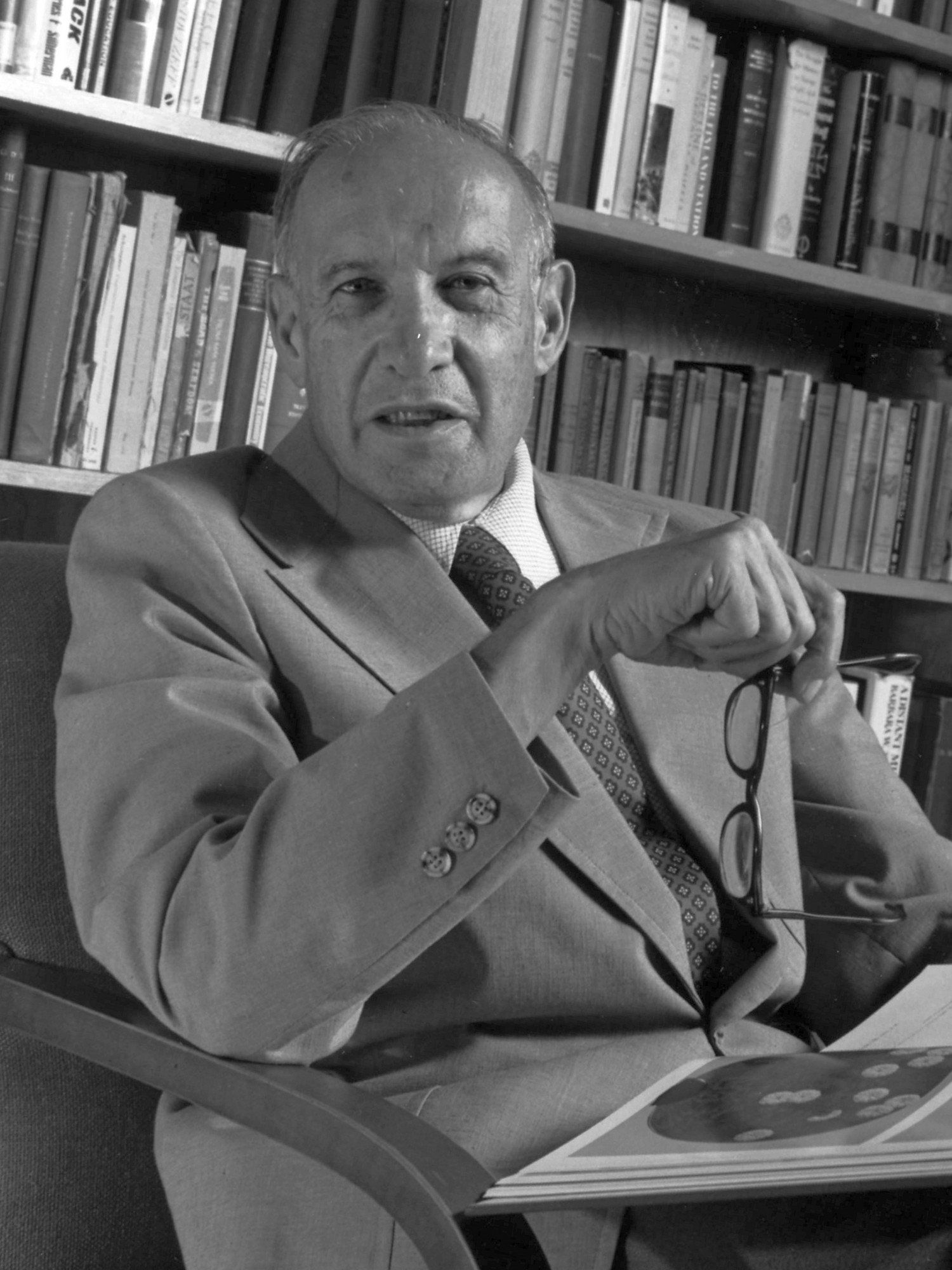About MLARI

HISTORY OF MLA
Peter F. Drucker (pictured right) has been described as ‘the founder of modern management' and ‘the man who invented management'. Drucker’s writings have contributed to the philosophical and practical foundations of the study of management. Organizations without good management eventually fall prey to disorganization and entropy. For society to thrive, therefore, its organizations must be well managed, and this is the task of management.
Management, Drucker argued, is a liberal art, and as such is a human activity. All the disciplines appropriate to the study of the human being are thus appropriate to a greater or lesser degree to the study of management.
In his The New Realities, Drucker wrote:
“Management deals with people, their values, their growth and development, and this makes it a humanity. Management is thus what the tradition used to call a liberal art: liberal because it deals with the fundamentals of knowledge, self-knowledge, wisdom, and leadership; 'art’ because it is practice and application. Managers draw on all the knowledges and insights of the humanities and the social sciences—on psychology and philosophy, on economics and history, on ethics—as well as on the physical sciences. But they have to focus this knowledge on effectiveness and results—on healing a sick patient, teaching a student, building a bridge, designing and selling a ‘user-friendly’ software program.”
Drucker believed that successful and durable institutions support self-development and moral growth in their members. Moreover, he affirmed that an organization is the means through which an individual, as a member of the community, finds both contribution and achievement. As a result, the philosophy of ‘management as a liberal art’ (MLA) suggests that managers must seek knowledge and nurture an organizational environment where its members find meaning and opportunities to learn and contribute.

PURPOSE OF MLA
Drucker believed the practice of management must aim to create and maintain healthy organizations in which individuals find meaningful existence and purpose while engaging in responsible citizenship, and contributing to the common good and the betterment of society.
Drucker believed that it is possible to serve the customer, earn profits, create wealth for shareholders, and also be a moral community for the development of human character and social concern.
He explained that profit should not be the objective of business but the end result. The profit motive should not be a guide to behavior; rather it is the result of good behavior. As such, Drucker argued that what ought to drive performance and results is the development of personal strengths which leads to social benefit.
Drucker explained that leadership is ultimately moral and includes developing people. If people develop and grow, they will also make greater contributions to the organization and society.
It follows that “leadership is lifting a person's vision to higher sights, the raising of a person's performance to a higher standard, the building of a personality beyond its normal limitations.” - Drucker
Executives can effectively lead organizations to be profitable, while also nurturing a moral community for the development of meaning, character, and social concern.

IMPORTANCE OF MLA
Management is inherently an activity involving human beings – therefore, values and character development which are the province of the liberal arts, are of value to executives, managers, and practitioners in general.
As a result, the MLA Research Institute’s courses, training workshops, and research emphasize the importance of developing oneself, acquiring knowledge, and managing people, their values, their growth and development.


